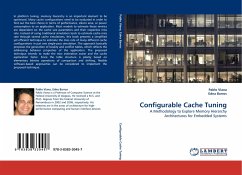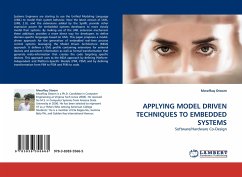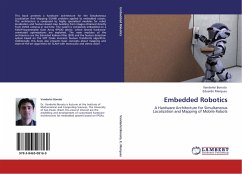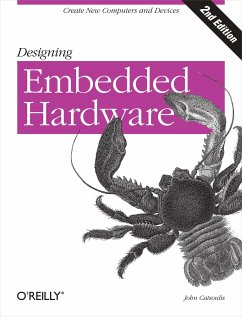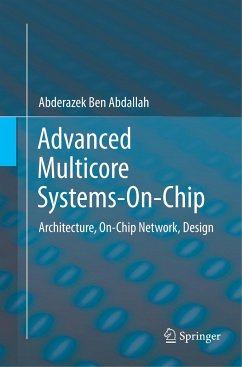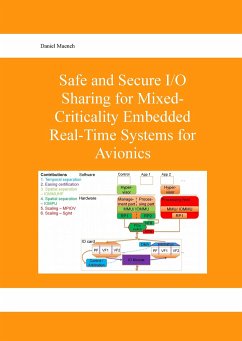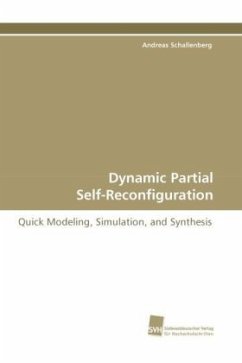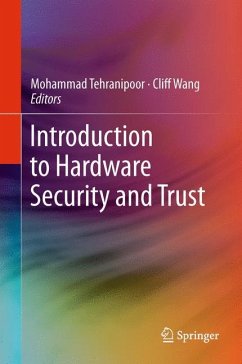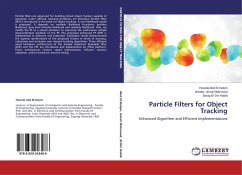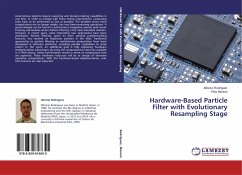
Hardware-Based Particle Filter with Evolutionary Resampling Stage
Versandkostenfrei!
Versandfertig in 6-10 Tagen
26,99 €
inkl. MwSt.

PAYBACK Punkte
13 °P sammeln!
Autonomous systems require reasoning and decision-making capabilities in real time. In order to comply with these timing requirements, computing tasks have to be performed as fast as possible. The problem arises when computations are no longer simple, but very time-consuming operations. A good example can be found in autonomous navigation systems with visual-tracking submodules where Kalman filtering is the most extended solution. However, in recent years, some interesting new approaches have been developed. Particle filtering, given its more general problem-solving features, has reached an im...
Autonomous systems require reasoning and decision-making capabilities in real time. In order to comply with these timing requirements, computing tasks have to be performed as fast as possible. The problem arises when computations are no longer simple, but very time-consuming operations. A good example can be found in autonomous navigation systems with visual-tracking submodules where Kalman filtering is the most extended solution. However, in recent years, some interesting new approaches have been developed. Particle filtering, given its more general problem-solving features, has reached an important position in the field. Traditional approaches to particle filtering or evolutionary computation have been developed in software platforms, including parallel capabilities to some extent. In this work, an additional goal is fully exploiting hardware implementation advantages. By using the computational resources available in a FPGA device, better performance results in terms of computation time are expected. These hardware resources will be in charge of extensive repetitive computations. With this hardware-based implementation, real-time features are also expected.



